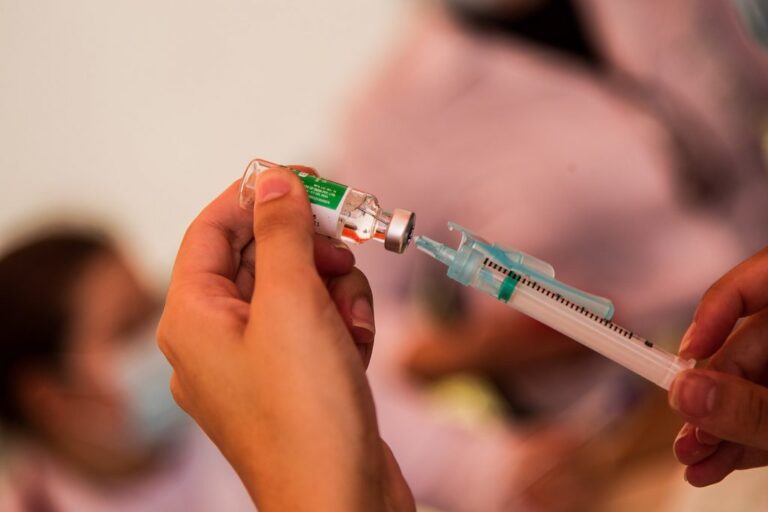
New research claims that a single dose of Covishield may be sufficient to protect those previously infected with the novel coronavirus which causes COVID-19.
If someone has previously contracted severe acute respiratory syndrome coronavirus 2 (SARS-CoV), researchers at the Assam Medical College and the Indian Council of Medical Research (ICMR) suggest that they may not need a follow-up dose with the Covishield vaccine. Covishield is produced by AstraZeneca in collaboration with the University of Oxford and manufactured in India by the Serum Institute of India (SII).
The study in question involved “a total of 121 participants (baseline seropositive 46 and seronegative 75) were included to study the immune response to [the] ChAdOx1-nCOV (Covishield) vaccine in previously infected or uninfected people. IgG antibodies were estimated at three different time intervals, i.e. pre-vaccination, 25-35 days post 1st vaccination and 25-35 days post 2nd vaccination.”
The study concluded that “a single dose of Covishield vaccine might be sufficient to induce an effective immune response in subjects with prior SARS-CoV2 infection. Stratifying vaccines based on their SARS-CoV2 IgG antibody titre before vaccination would help in meeting the increasing vaccine demand and could be effective to circumvent [a] further wave of the pandemic in India.”
Covishield is one of three vaccines approved for use in India to inoculate against COVID-19, the others being Covaxin – indigenously manufactured by Bharat Biotech – and Russia’s Sputnik-V. As the country is embattled by a second wave fuelled by the so-called Delta plus variant, the need to inoculate as many as possible is patent.
India recently crossed a milestone of providing eight million doses in a single day. This set a record for the country although experts are dubious as to whether this can be sustained. Meanwhile, in the case of the Delta plus variant, the Health Ministry has said that both Covishield and Covaxin are effective in protecting against it and that data as to the extent of that effectiveness will be shared shortly.
Note: the study cited by Health Issues India carries the following disclaimer: “This article is a preprint and has not been peer-reviewed…It reports new medical research that has yet to be evaluated and so should not be used to guide clinical practice.” Find out more here.

